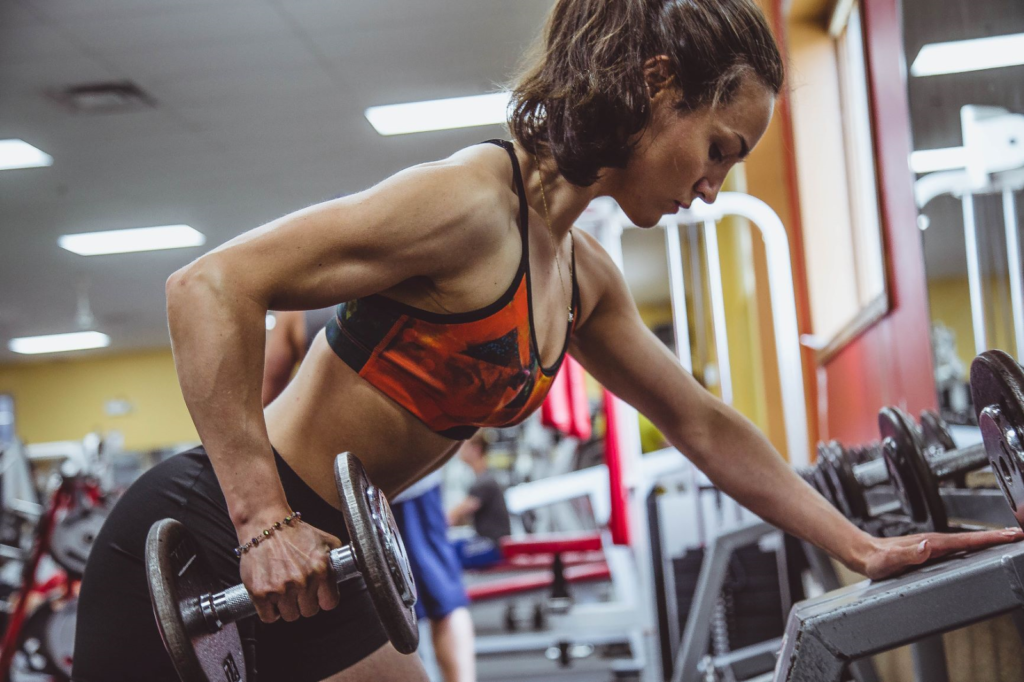Regardless of your age, status or the state of your health, incorporating fitness into your day to day life is bound to have a positive impact on your physical and psychological well being. You don’t need specialized equipment or to perform complicated physiotherapy exercises to get the benefits. Even low impact exercises like jogging can boost your physical and mental health. You can assess your fitness level using these tests.
- Run a Mile: Running a mile is a great way to test your endurance. You can find Smartphone apps online that will enable you to measure the speed and distance covered. People over 50 should be able to complete the distance in less than 10 minutes. Young men and women should be able to complete that distance in less than 8 minutes.
- Pushups: You can do pushups to test your upper body strength. Ensure you adopt the proper form, that is, elbows at right angles to your body with your palms right under your shoulders. Try to do as many pushups as you can in under two minutes while still maintaining the same form. Between 10 and 12 is good while over 20 repetition indicates excellent fitness.
- Play a Game: If you can find the opportunity to get into a game of basketball or baseball with a friend or loved one, you can use that to test your overall cardiovascular fitness. How do you feel after 20 minutes of continuous play? If you feel yourself struggling to catch your breath, but found yourself enjoying the game you are fairly fit. Your fitness level is excellent if you felt you had enough energy to go for another 20 minutes.
- Shoulder Flexibility Test; This test involves reaching over your neck between your shoulder to the center of your back with one hand. The other hand reaches from underneath. A fairly flexible person can touch the tips of either hand.
- Body Mass Index: Attempts to establish the amounts of fat in your body using your weight and height measurements. The ratio of your weight to height will categorize you as either underweight, normal weight, overweight or obese.
- Skin Fold Measurements: In this test, a physiotherapist measures your skin folds on the side of your abdomen and other parts of the body. The measurements which are done using special calipers are used to determine body fat percentage.
- Cardiovascular endurance Testing: There are a number of tests that are used to determine cardiovascular endurance. They involve running on the treadmill under the supervision of a physical therapist. The percentage of oxygen and carbon dioxide from your breath is measured to determine your level of physical fitness.
- Stability and Core Muscle Strength: Core muscles are an important factor for any sports physio program. Core muscles facilitate stability by strengthening the areas around your abdomen, waist, and spine. Physical therapists may use devices like the metronome, to determine if you can maintain the tempo when doing pushups, pull ups, or skipping rope. This test can help isolate the muscle groups that need to be worked on.

